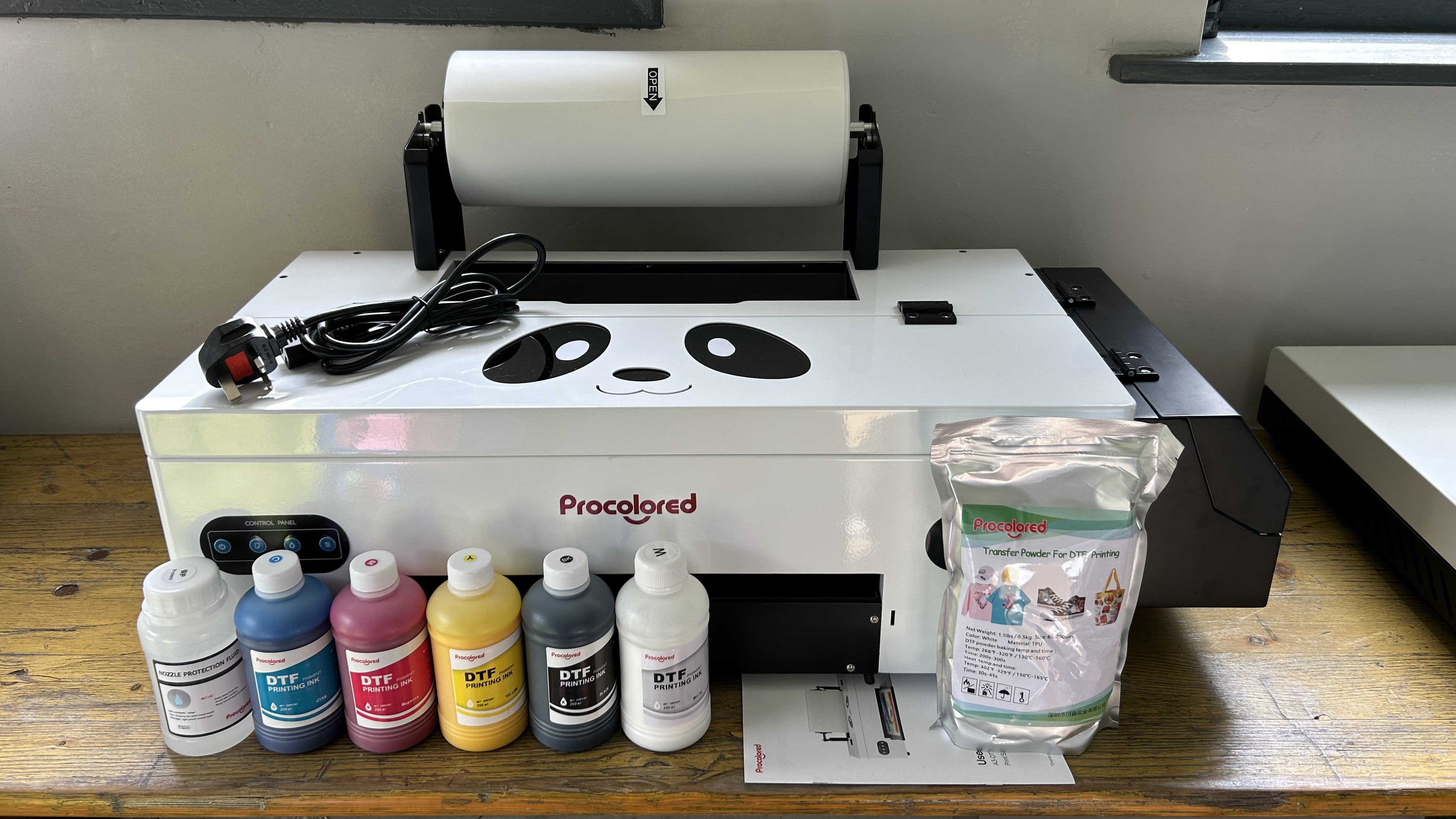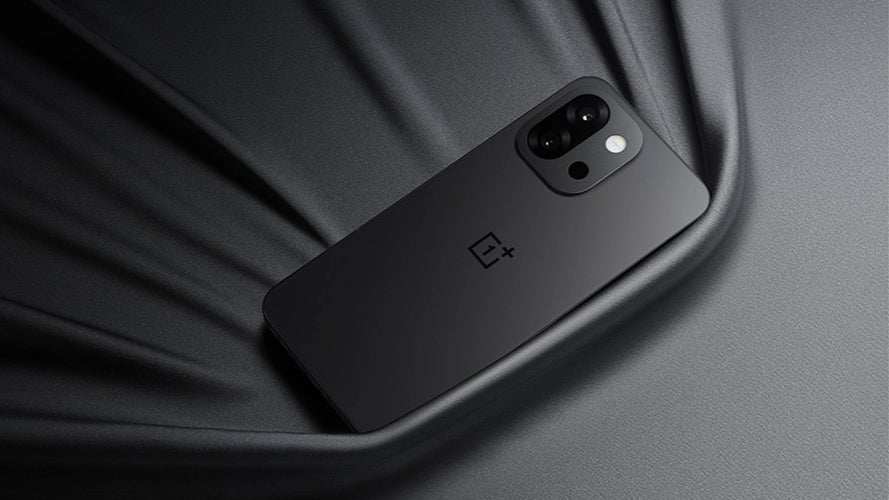NVIDIA rolls out NVLink Fusion to industry partners; plans AI supercomputer in Taiwan
Chipmaker giant NVIDIA also made several announcements at COMPUTEX 2025 in Taiwan to address the rising global demand for AI infrastructure.
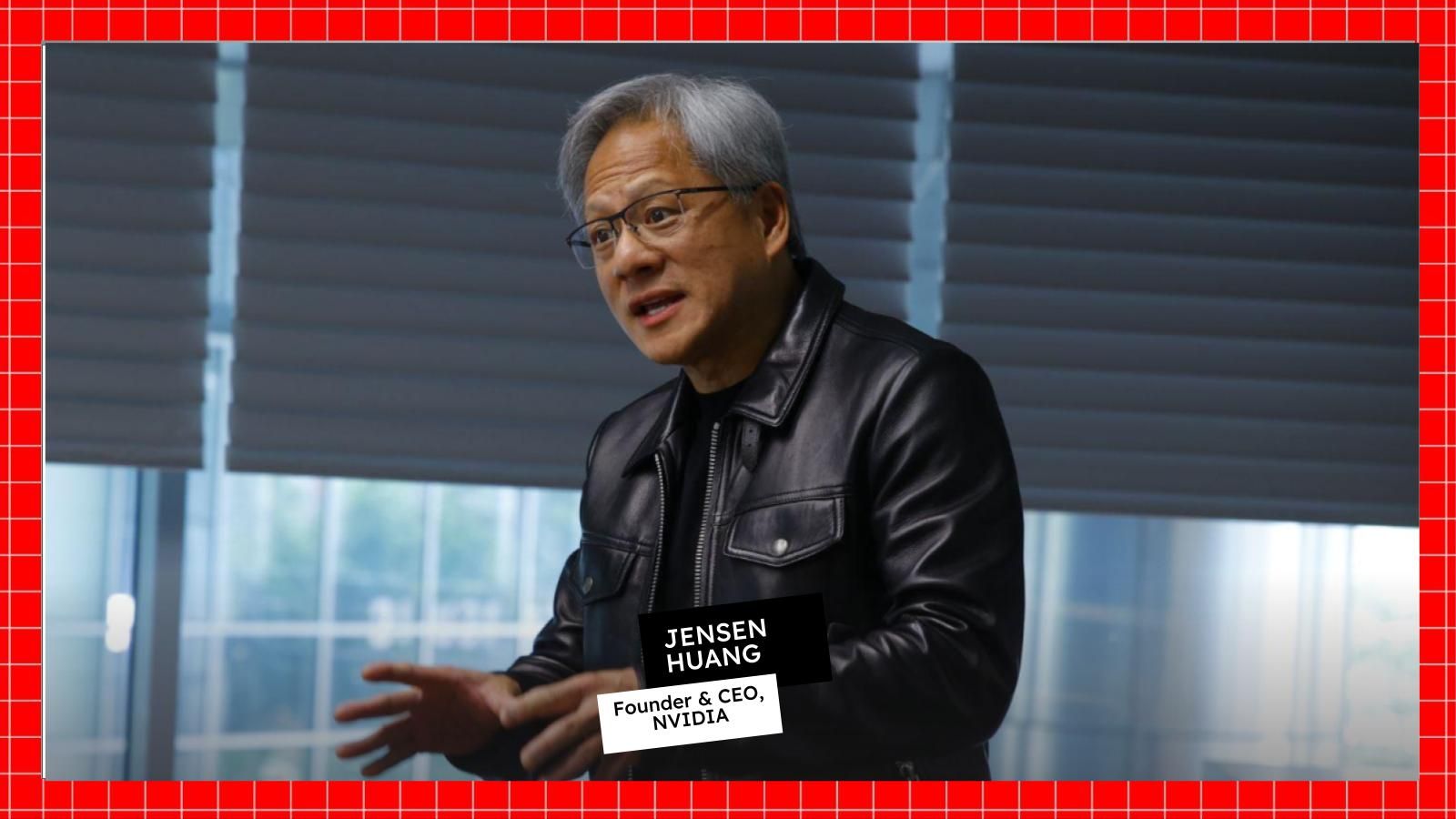

Chipmaker giant NVIDIA on Monday rolled out NVLink Fusion—a new chip interconnect technology that allows other companies to build custom AI systems using its powerful GPU architecture.
Previously limited to NVIDIA’s chips, NVLink is now extended to third-party silicon makers. MediaTek, Marvell, Alchip Technologies, Astera Labs, Synopsys, and Cadence are among the first companies to adopt the solution, the company said in a statement.
The integration will allow businesses to scale AI infrastructure for demanding workloads like model training and agentic AI inference.
The new solution allows CPUs from Fujitsu and to connect with GPUs, making it easier to build powerful AI systems using a mix of different chips.
“A tectonic shift is underway: for the first time in decades, data centers must be fundamentally rearchitected — AI is being fused into every computing platform. NVLink Fusion opens NVIDIA’s AI platform and rich ecosystem for partners to build specialized AI infrastructures,” said Jensen Huang, Founder and CEO of NVIDIA, in a statement.
The chipmaker giant also made several announcements at COMPUTEX 2025 in Taiwan to address the rising global demand for AI infrastructure.
The Santa Clara, California-based firm has launched DGX Cloud Lepton, a compute marketplace that connects developers working on agentic and physical AI applications to ‘tens of thousands’ of GPUs from a global network of cloud providers.
Cloud partners, including CoreWeave, Crusoe, Firmus, Foxconn, GMI Cloud, Lambda, Nebius, Nscale, SoftBank Corp, and Yotta Data Services, will offer NVIDIA Blackwell and other GPU architectures through the DGX Cloud Lepton platform.
This will allow developers to access GPU computing power in specific regions, both on-demand and for longer-term computing needs, to support sovereign AI operations.
During the event, Huang announced a new AI supercomputer project in partnership with Foxconn, with plans to open a new office in Taiwan, reported CNBC.
“Increased availability of these quantum-AI platforms is poised to accelerate the breakthroughs researchers can make in quantum computing— including developing new error correcting codes, integrating quantum processors within AI supercomputing, and simulating low noise designs of quantum hardware,” said the company.
Edited by Suman Singh



















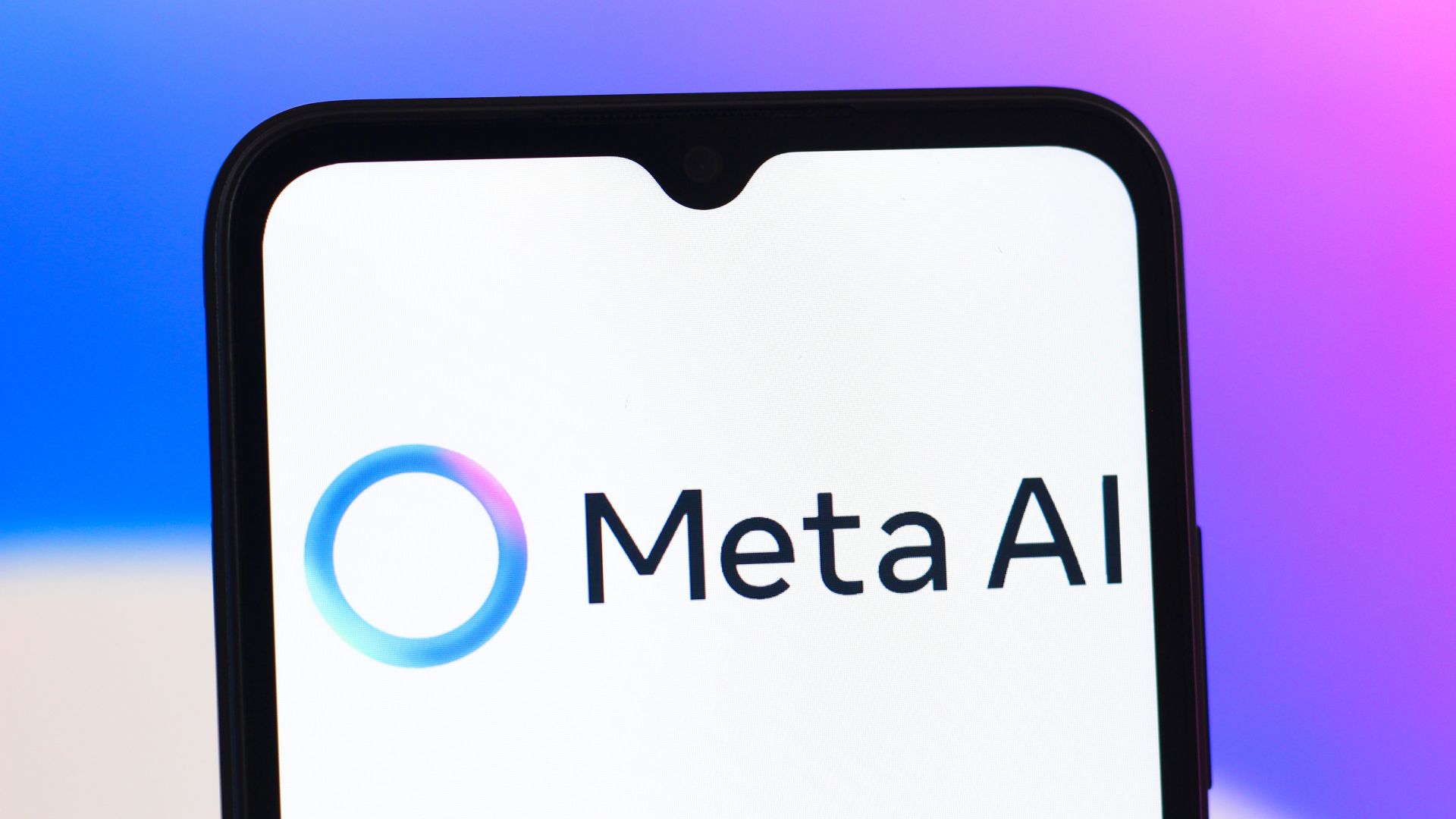

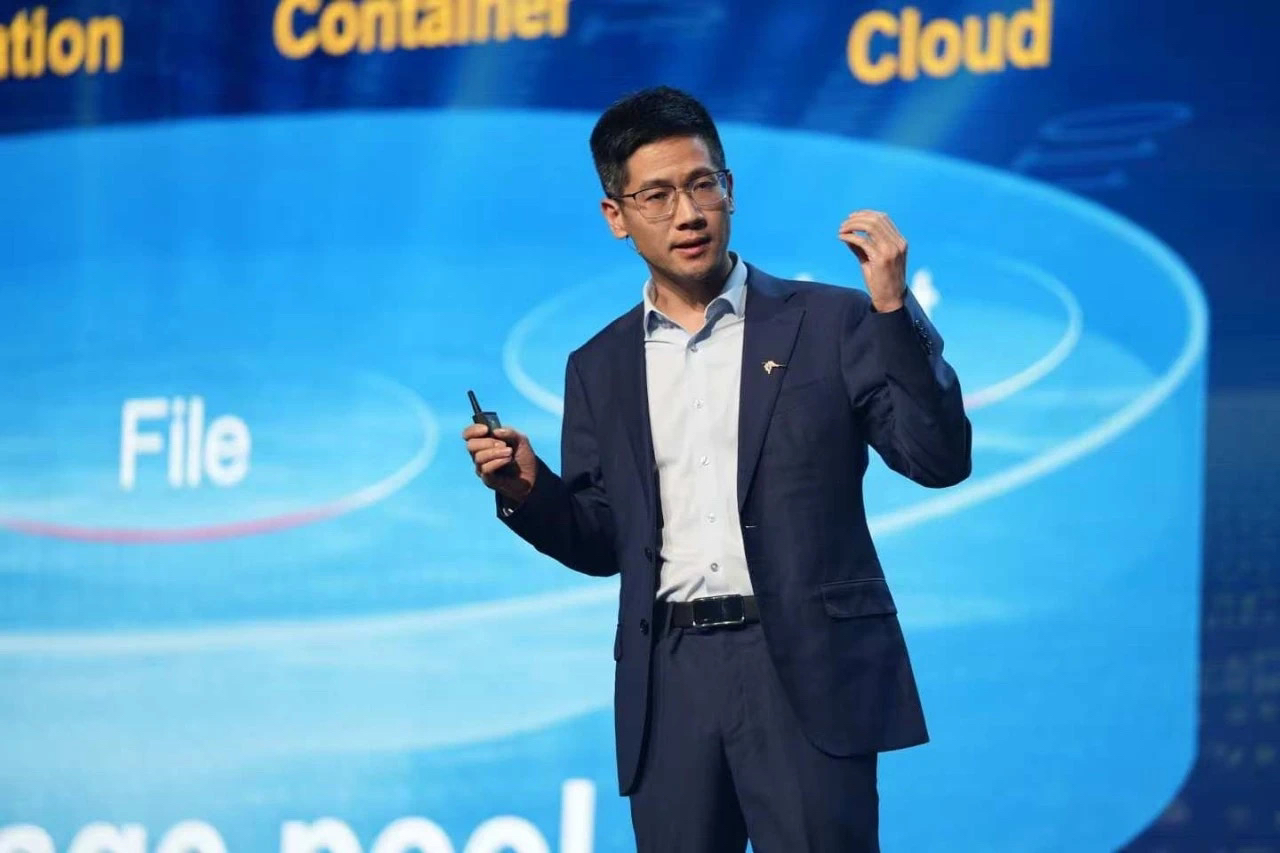








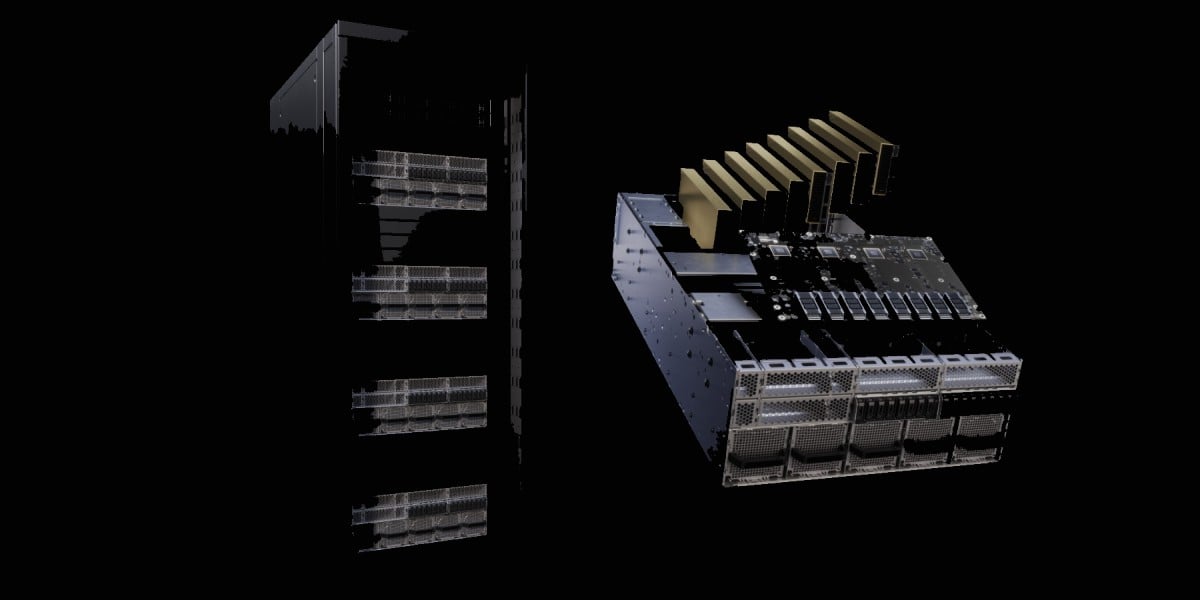















































































































































![[The AI Show Episode 146]: Rise of “AI-First” Companies, AI Job Disruption, GPT-4o Update Gets Rolled Back, How Big Consulting Firms Use AI, and Meta AI App](https://www.marketingaiinstitute.com/hubfs/ep%20146%20cover.png)









































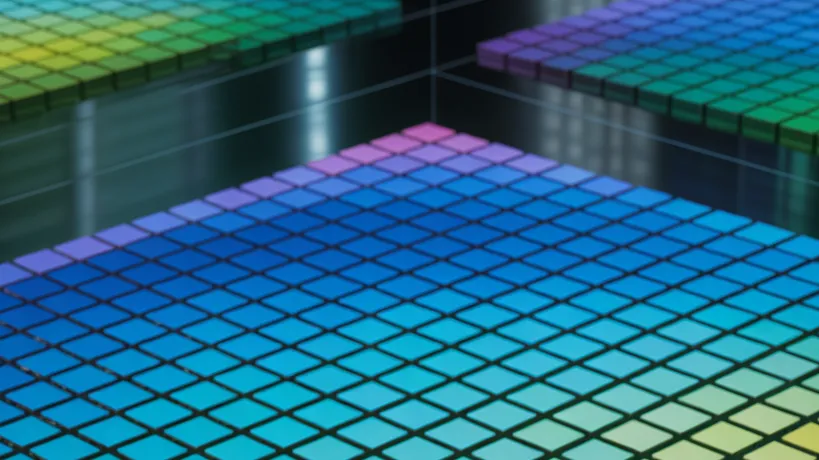






















































































![How to make Developer Friends When You Don't Live in Silicon Valley, with Iraqi Engineer Code;Life [Podcast #172]](https://cdn.hashnode.com/res/hashnode/image/upload/v1747360508340/f07040cd-3eeb-443c-b4fb-370f6a4a14da.png?#)

















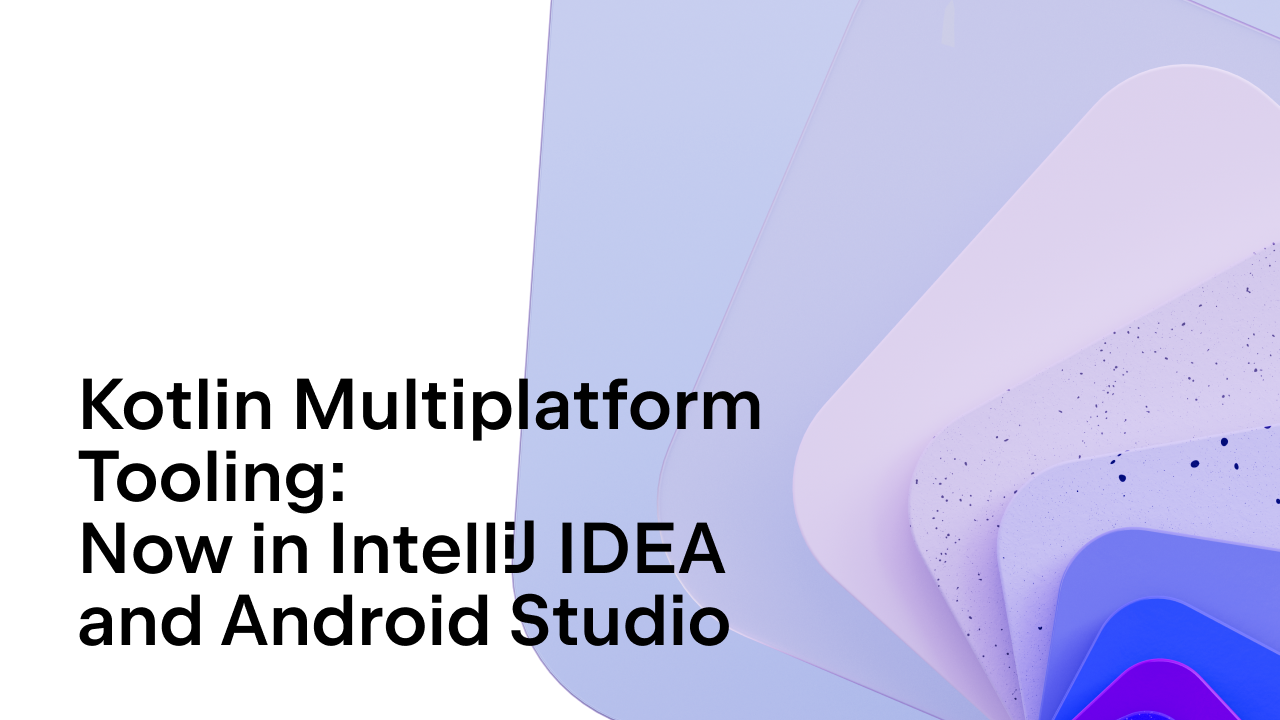
































-(1).jpg?width=1920&height=1920&fit=bounds&quality=70&format=jpg&auto=webp#)









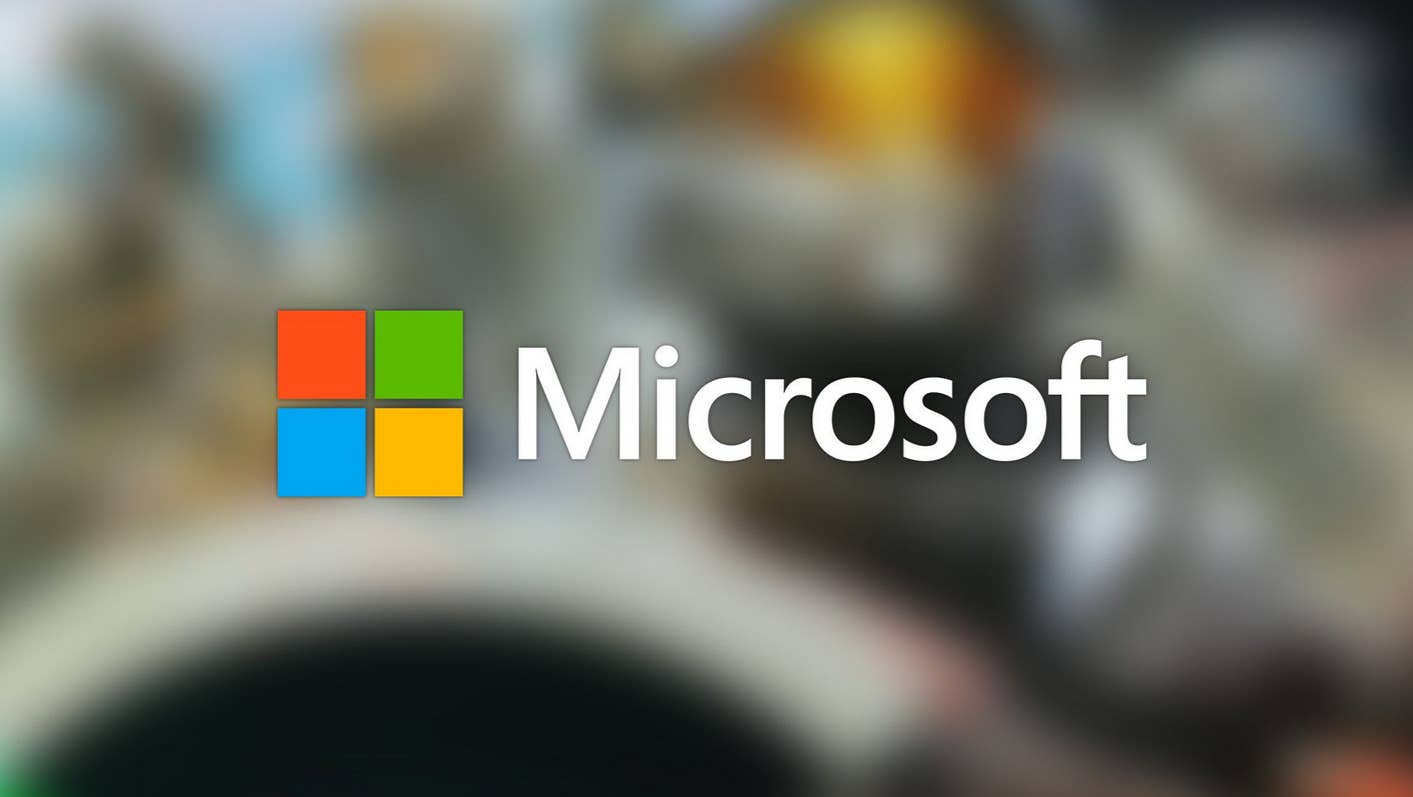
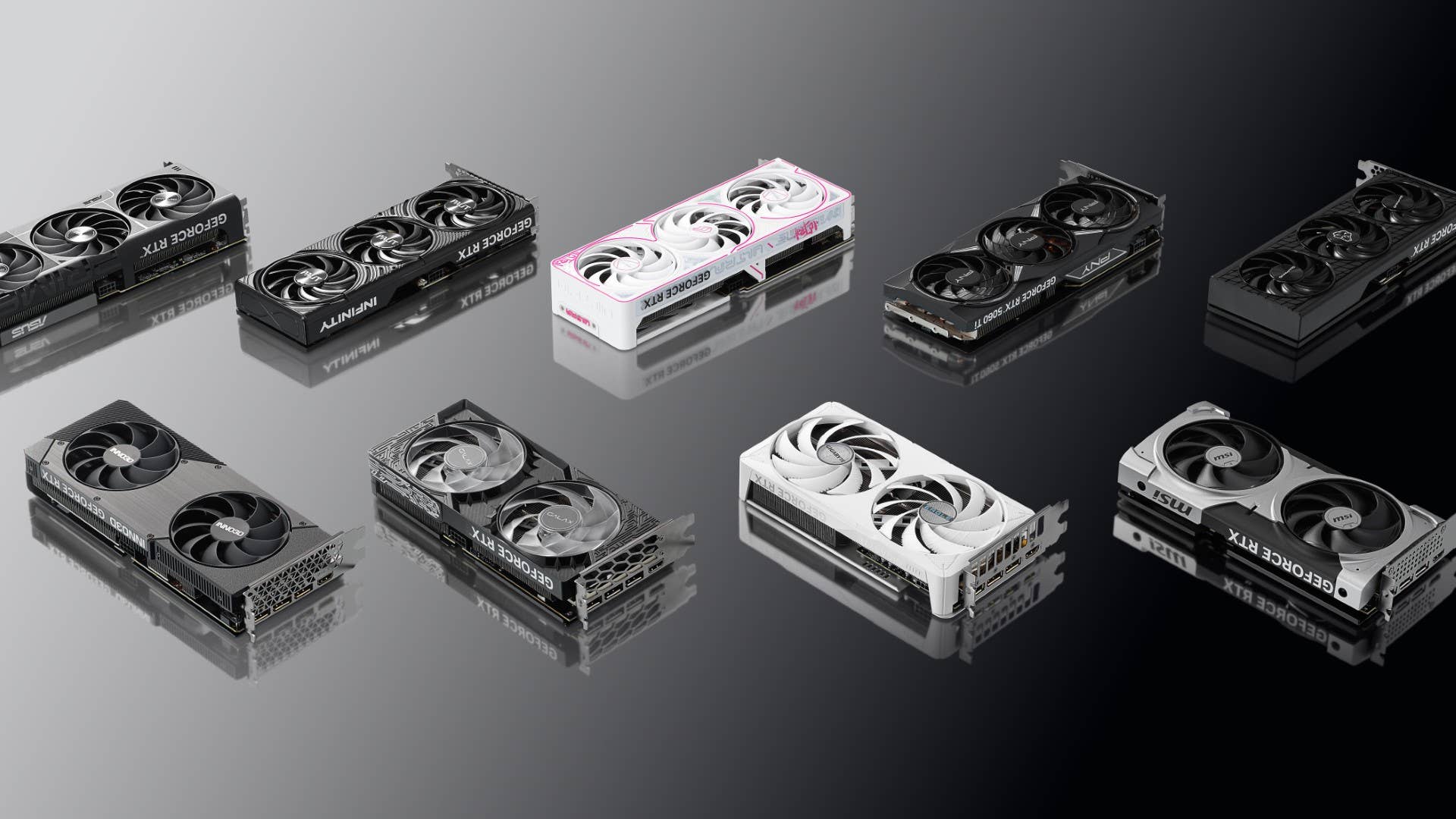
















































.jpg?#)


































































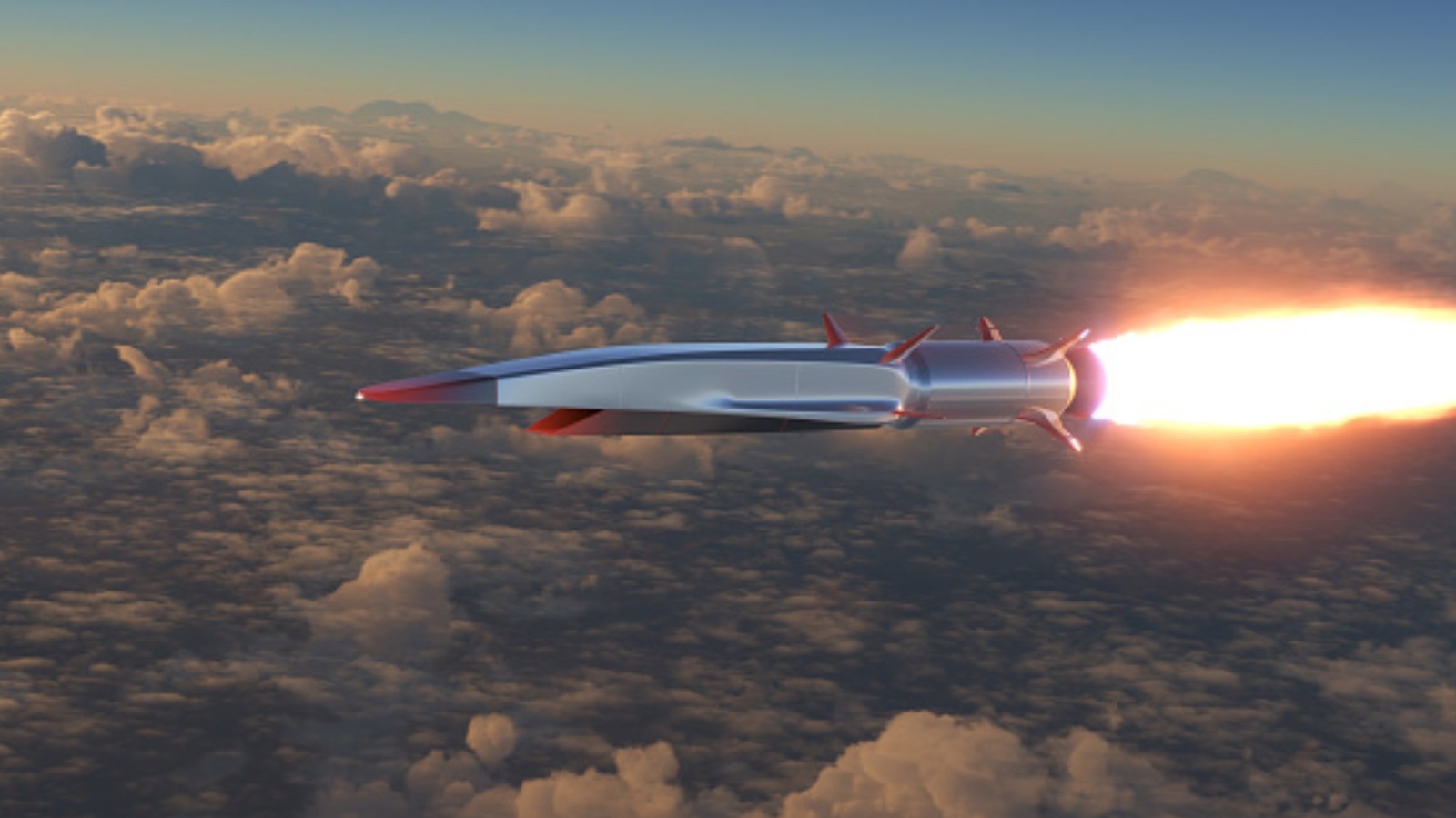
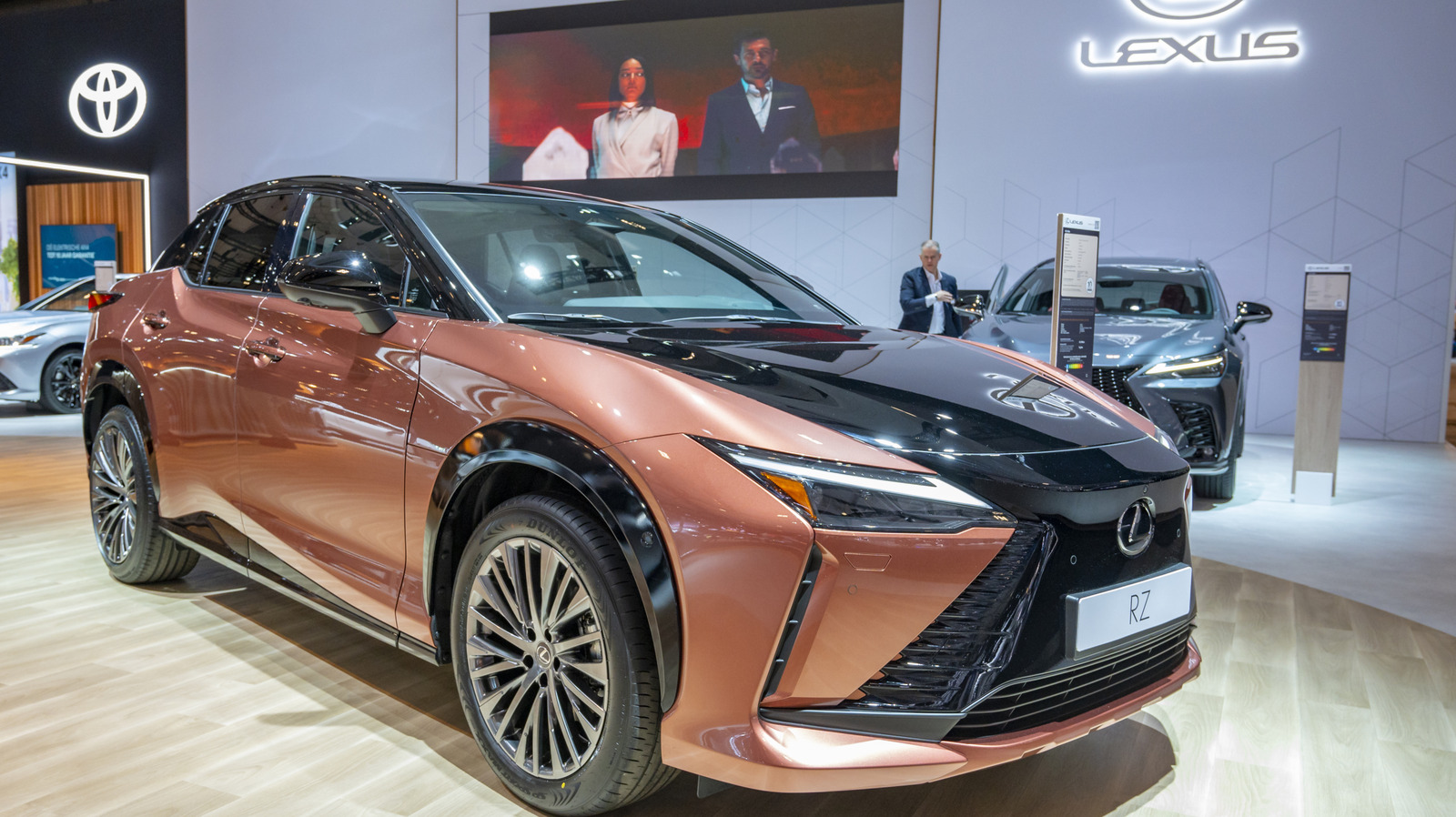
























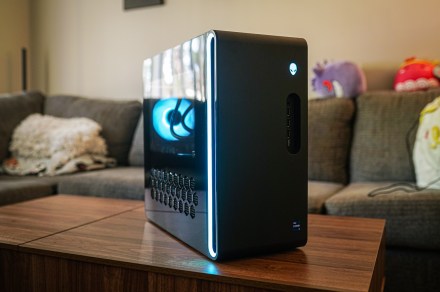









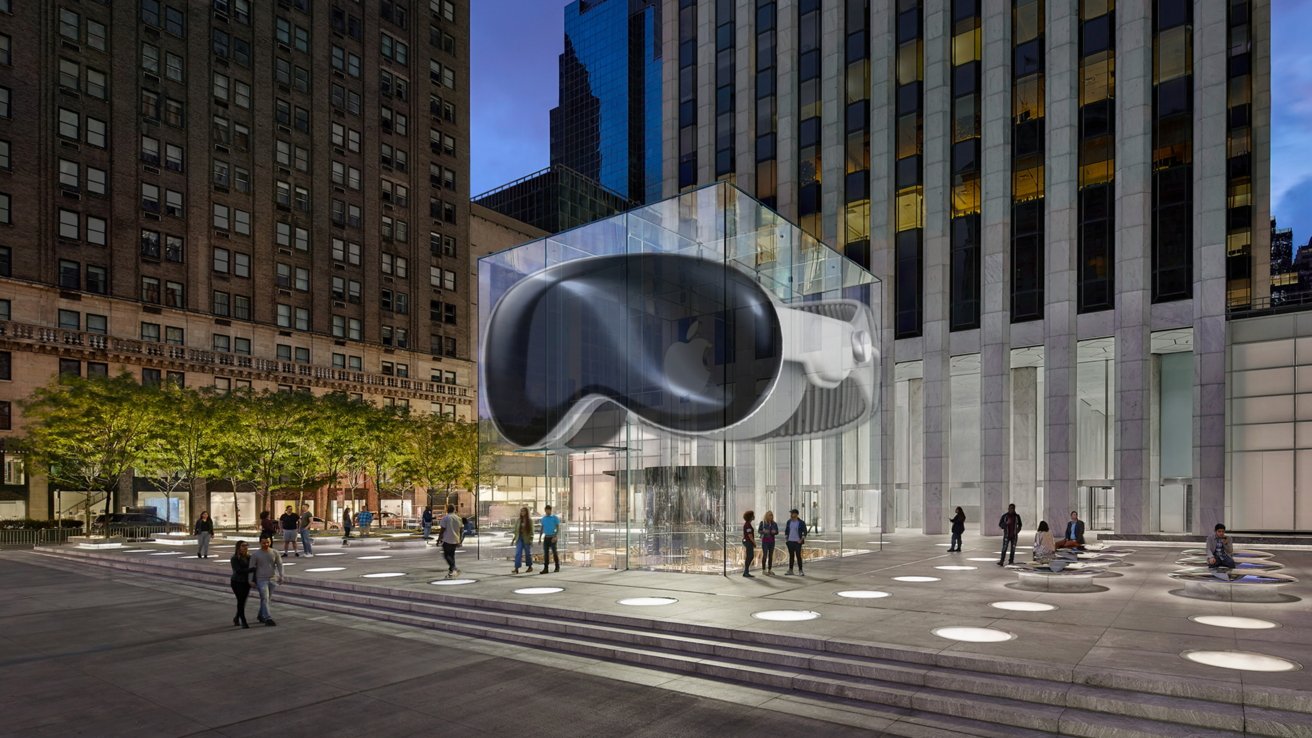
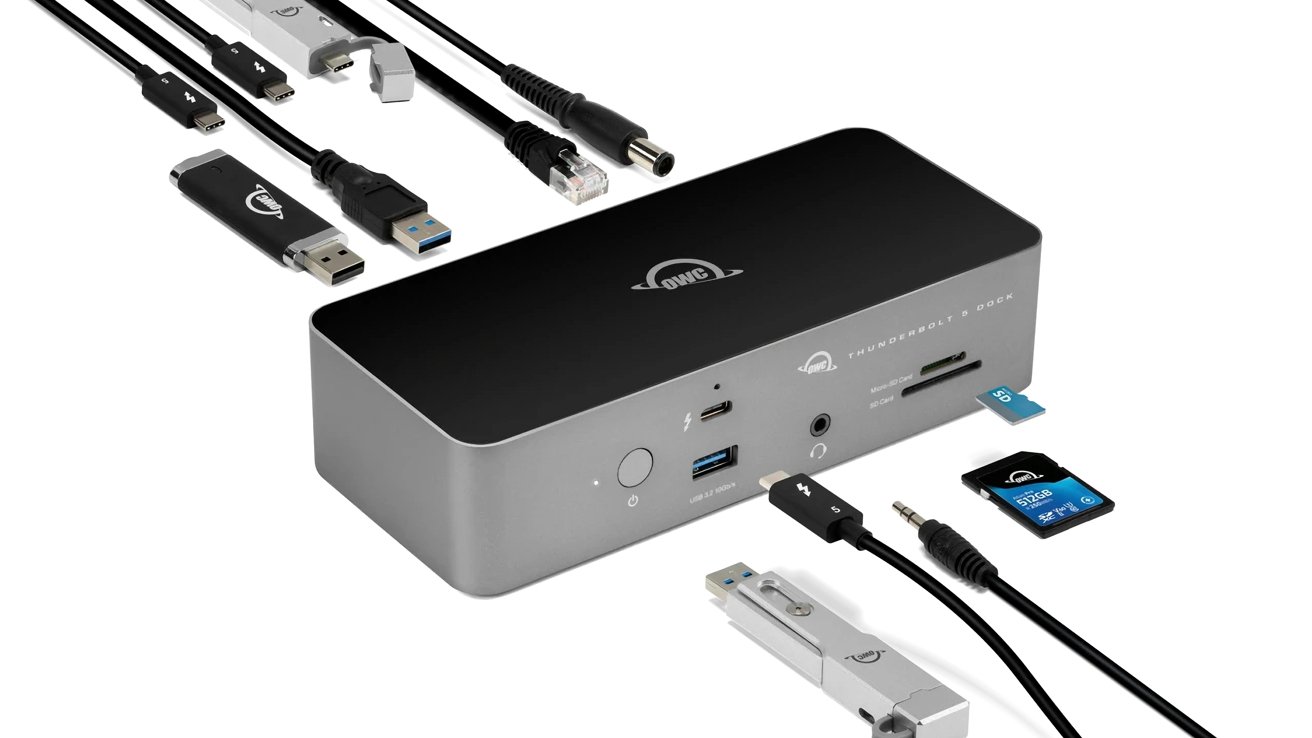











![A rare look inside the TSMC Arizona plant making chips for Apple [Video]](https://i0.wp.com/9to5mac.com/wp-content/uploads/sites/6/2025/05/A-look-inside-the-TSMC-Arizona-plant-making-chips-for-Apple.jpg?resize=1200%2C628&quality=82&strip=all&ssl=1)
















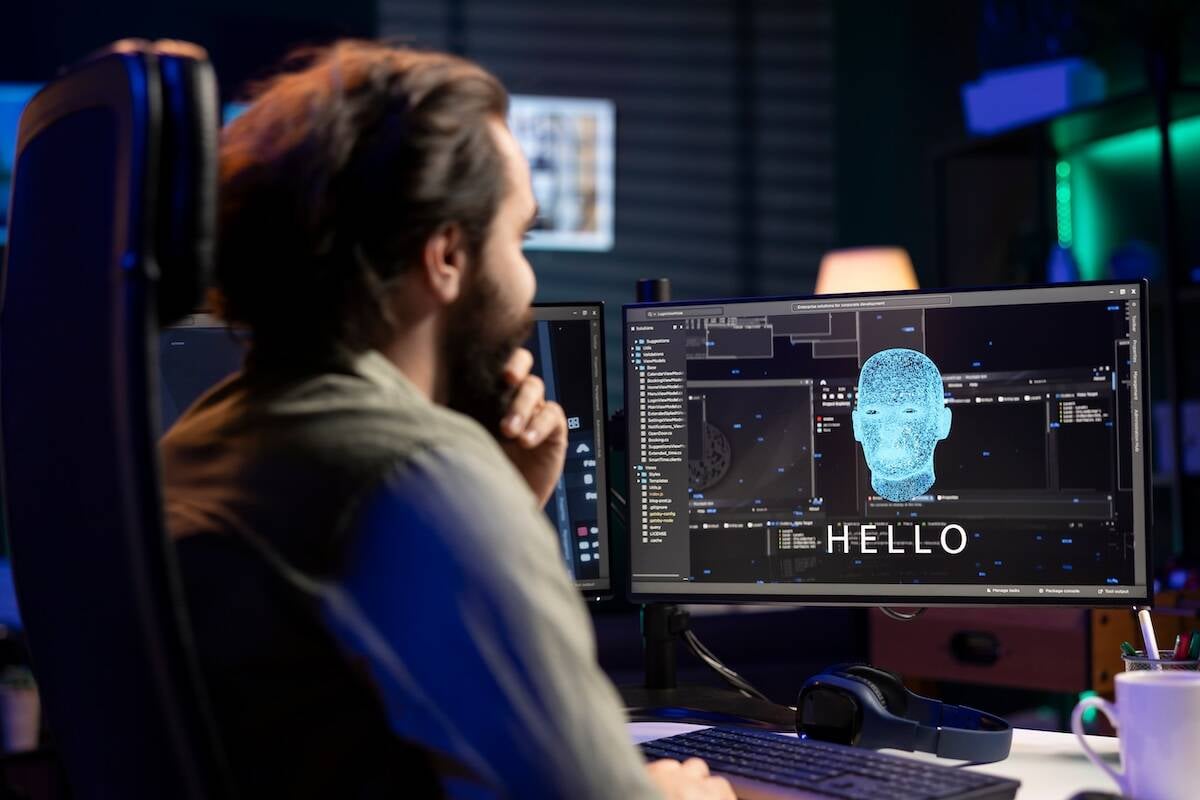
![Why Apple Still Can't Catch Up in AI and What It's Doing About It [Report]](https://www.iclarified.com/images/news/97352/97352/97352-640.jpg)
![Sonos Move 2 On Sale for 25% Off [Deal]](https://www.iclarified.com/images/news/97355/97355/97355-640.jpg)
![Apple May Not Update AirPods Until 2026, Lighter AirPods Max Coming in 2027 [Kuo]](https://www.iclarified.com/images/news/97350/97350/97350-640.jpg)
















